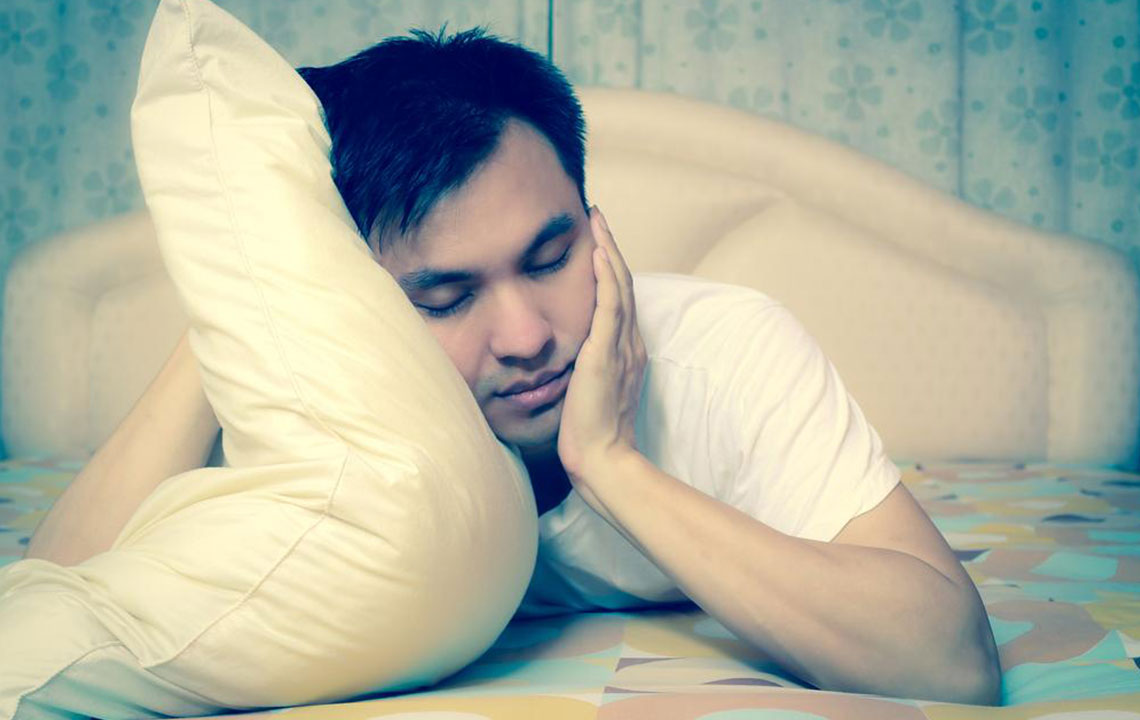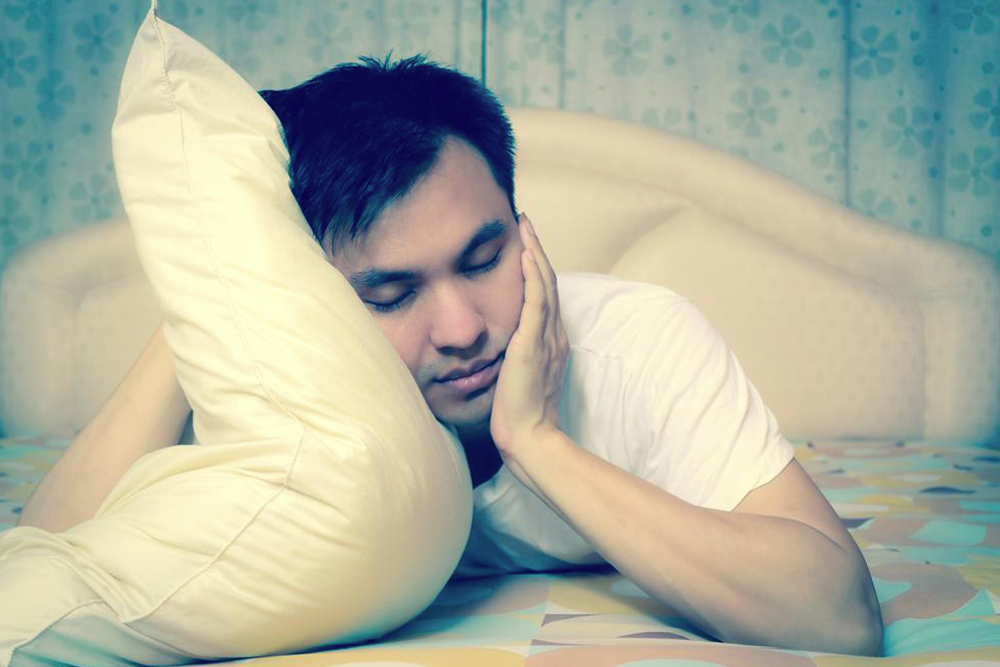Comprehensive Approaches to Treating Sleep Disorders for Better Rest
Discover comprehensive strategies to effectively diagnose and treat sleep disorders, including CBT, medications, holistic techniques, and lifestyle adjustments. Achieve better sleep quality with expert guidance and personalized care, improving overall health and well-being.

Comprehensive Approaches to Treating Sleep Disorders for Better Rest
Effective methods to diagnose and manage sleep disturbances
Sleep disorders, medically referred to as somnipathy, encompass a wide range of conditions that interfere with the quality, timing, and duration of sleep. In today’s fast-paced world, many adults struggle with maintaining restful sleep, which plays a vital role in ensuring overall health and well-being. The recommended sleep duration for adults generally falls between 6 to 8 hours per night. Consistently getting less than this can lead to a cascade of health problems, including physical fatigue, mental exhaustion, elevated stress levels, and an increased risk for chronic illnesses such as cardiovascular disease, diabetes, and mental health disorders.
Several diagnostic tools are utilized by healthcare professionals to accurately identify sleep issues. Polysomnography, commonly known as a sleep study, records brain activity, eye movements, muscle activity, heart rate, breathing patterns, and blood oxygen levels during sleep. Actigraphy involves wearing a device similar to a wristwatch that monitors movement and sleep-wake patterns over extended periods. Such evaluations help identify specific conditions like insomnia, sleep apnea, restless leg syndrome, narcolepsy, sleepwalking, and bedwetting, which can significantly impair both physical and mental health. Recognizing these disorders early helps in tailoring effective treatment plans to mitigate their impact.
Recent advancements in sleep medicine have revolutionized the management of sleep disorders by offering personalized therapy options. These treatments are customized according to the individual’s specific diagnosis, mental health status, lifestyle, and severity of the condition. The goal is to restore natural sleep patterns while minimizing side effects and improving overall quality of life.
Specialist doctors such as neurologists, pulmonologists, and ear, nose, and throat (ENT) specialists often collaborate to treat complex sleep issues, particularly those involving airway obstructions or neurological components. Effective treatment strategies encompass a range of therapeutic options designed to address various sleep disturbances:
Cognitive Behavioral Therapy for Insomnia (CBT-I) is one of the most evidence-based non-pharmacological interventions. It involves identifying and modifying maladaptive thoughts and behaviors associated with sleep. Techniques include relaxation training, sleep restriction, stimulus control, and cognitive restructuring. By tackling the root causes of insomnia and dispelling misconceptions about sleep, CBT-I promotes sustainable, medication-free improvements in sleep quality.
Pharmacological Interventions involve prescribed medications that assist in achieving restful sleep. Drugs such as Eszopiclone, Ramelteon, Trazodone, and Zaleplon are commonly used but require careful medical supervision. These medications can be effective short-term solutions but are not suitable for long-term dependence. For specific sleep disorders like narcolepsy, medications like Modafinil are prescribed to promote alertness during the day and improve nighttime sleep.
Holistic and Lifestyle Approaches include practices such as meditation, mindfulness, yoga, and relaxation techniques. These methods support mental clarity, reduce stress, and promote healthier sleep habits. Consistent practice yields long-term benefits, making them valuable adjuncts to medical treatment.
Hypnotherapy employs guided hypnosis conducted by trained professionals to address underlying fears, anxieties, and subconscious barriers to sleep. When performed by qualified practitioners, hypnotherapy can enhance sleep patterns by fostering relaxation and mental calmness.
Psychological Support and Stress Management are crucial for individuals whose sleep disruptions stem from emotional factors. Techniques include therapy, counseling, and stress reduction activities to manage anxiety, depression, or trauma, thereby restoring better sleep quality.
Melatonin Supplements are a popular natural remedy for regulating circadian rhythms. Melatonin is a hormone produced naturally by the pineal gland that signals the body to sleep. Short-term use (up to 2 years) is generally safe, but excessive or prolonged use may lead to side effects such as headaches, dizziness, or vision disturbances. It’s important to consult a healthcare provider before starting supplementation.
Music Therapy is an emerging complementary approach. Listening to calming music can facilitate relaxation, reduce stress, and improve sleep onset. While ongoing research is examining its full efficacy, many individuals find it beneficial as part of a broader sleep hygiene regimen.
Ultimately, addressing sleep disorders requires a comprehensive, personalized approach. Consulting healthcare professionals ensures accurate diagnosis and tailored treatment strategies, which are key to overcoming sleep disturbances and achieving restful, restorative sleep. Maintaining good sleep hygiene—such as consistent sleep schedules, a comfortable sleep environment, and avoiding stimulants before bedtime—further enhances treatment outcomes.





